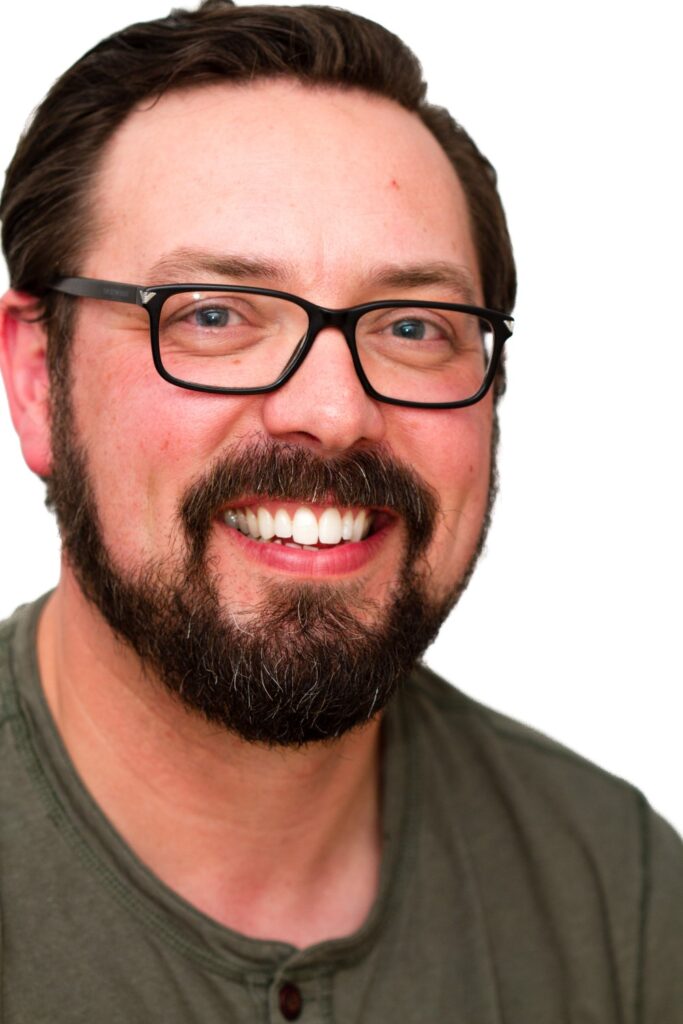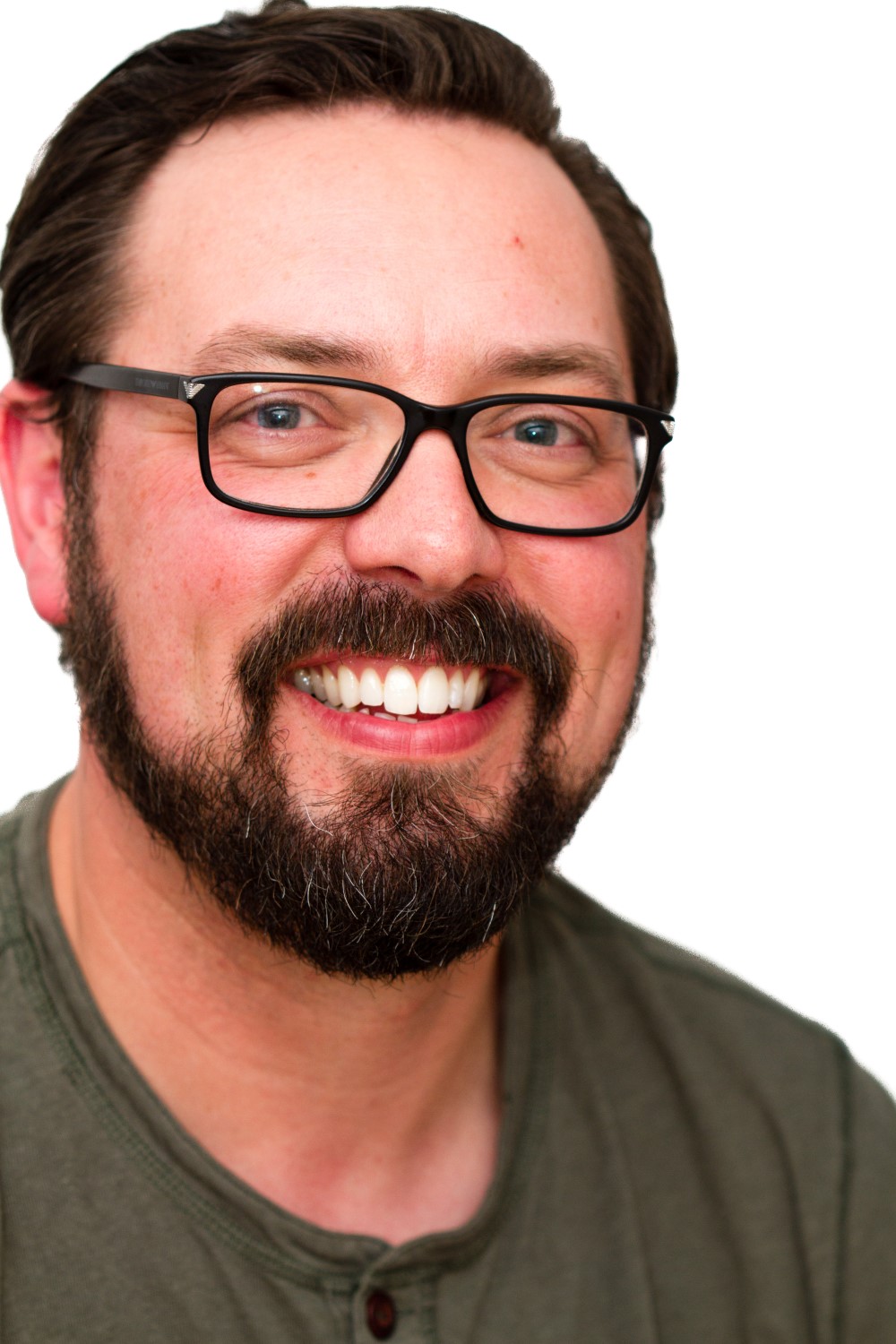Dr Shaun Sellars AssocFCGDent, general dental practitioner and co-host of the Incisive Decisive podcast on the philosophy and ethics of dentistry, has conducted detailed research into non-clinical skills in dentistry. Here he considers the ‘soft skills’ that improve patient care.

What makes a dentist? You might say that having a BDS and physically drilling, filling and extracting is all it takes. But I’d argue that there there’s more to it than that. To be a dentist, and importantly to be a ‘good dentist’, we need to develop a whole host of distinct and less well-understood non-clinical skills to complement our clinical abilities.
Undergraduate teaching has historically focused on developing the practical skills trainee dentists need to become competent clinicians. These ‘hard skills’ consist of the necessary knowledge and techniques students attain during training. While these clinical skills are critical to dentistry, it has become increasingly recognised that non-clinical attributes are also valuable assets to the dental practitioner. While considered ‘soft’, non-clinical skills are hard to learn and often overlooked because they don’t directly add to our clinical repertoire.
When we consider these softer skills, most people instantly think of communication. While communication skills are essential, soft skills are wider-ranging, incorporating empathy, leadership, professionalism and more. And if we can’t develop our non-clinical skills alongside our more practical ones, our lives as dentists can be fraught with difficulties. Having talked to dentists extensively about this, most agree that, at least further along in our careers, we will rely on our non-clinical skills much more than our clinical ones. The act of clinical dentistry often becomes second nature over time, but the challenge of interacting with people is fresh every day. The concept of emotional intelligence (EI) is vital to mastering these interactions. EI is, by definition, the capacity to be aware of, control, and express one’s emotions and to handle interpersonal relationships judiciously and empathetically. In practice, people with a high level of EI tend to have better social interactions, and for us, that means a better relationship with patients, work colleagues and peers.
Fortunately, EI and other non-clinical skills can be taught and developed. Russian psychologist Lev Vygotsky (1896-1934) developed the concept of the zone of proximal development (ZPD), from where people learned new skills. Vygotsky proposed that the ZPD could be expanded and knowledge gained, with the help of “more knowledgeable others”, such as peers or mentors, who could impart their wisdom. We cherry-pick the information we most closely relate to and incorporate that into our knowledge base. This doesn’t just increase our comprehension but helps us interpret what we already know in a different light adding a depth of insight to our understanding. All our skills develop in this manner, from a new clinical technique to a method of dealing with a difficult patient situation.
Our non-clinical skills also help us develop into ‘good dentists’. Or, more accurately, as there is no specific ‘good dentist’ template, they allow us to practice ‘good dentistry.’ This is more than just ensuring that our composites are aesthetically pleasing and that our crowns fit well. Good dentistry takes a less uniform approach to what makes a good professional because, in reality, good practice comes from a complex jumble of factors.
Much like our clinical skills, soft skills are best learned and developed through doing. Non-clinical skills are often difficult to pin down, so working on your own management or communication style, for example, is essential. Using the knowledge you’ve assimilated from those around you to hone your professional persona is vital and happens even if you’re unaware of it. Better to consciously take ideas and concepts from those who have already achieved success and whose professional attitude you admire.
Dental school teaches us how to do dentistry, but we must learn how to be a dentist. That involves surrounding ourselves with what we consider good practice and emulating it. All the time, building on what we know with other examples of good practice. This way, the profession builds on what’s been before it and emerges stronger. As Vygotsky suggests, the people we choose as mentors strongly influence how we develop as practitioners and, in turn, how the profession evolves. So choose your mentors wisely, not just from the realms of key opinion leaders or social media personalities we’re constantly exposed to but from the more discreet masters of their craft who quietly influence us to be better.
The College has recently launched its new Certified Membership scheme, which provides dental professionals with a structured learning programme to help us recognise and develop the skills we need in order to provide the best care to our patients – including the soft skills I’ve been discussing.
Certified Membership is underpinned by the College’s Career Pathways and Professional Framework, which describe the knowledge, skills, experience and behaviours a dental professional could be expected to demonstrate at each stage of their career. These attributes fall into five areas: clinical and technical, professionalism, reflection, development, and agency and aim to encompass the full range of abilities we need as dental professionals today.
Certified Members are guided through the learning programme by a trained Facilitator, who helps them realise their existing skills, plan further development and identify new skills to work towards acquiring as they develop their career.
Find out more about Certified Membership and how to enrol as an existing member or join the College and sign up for the scheme.


